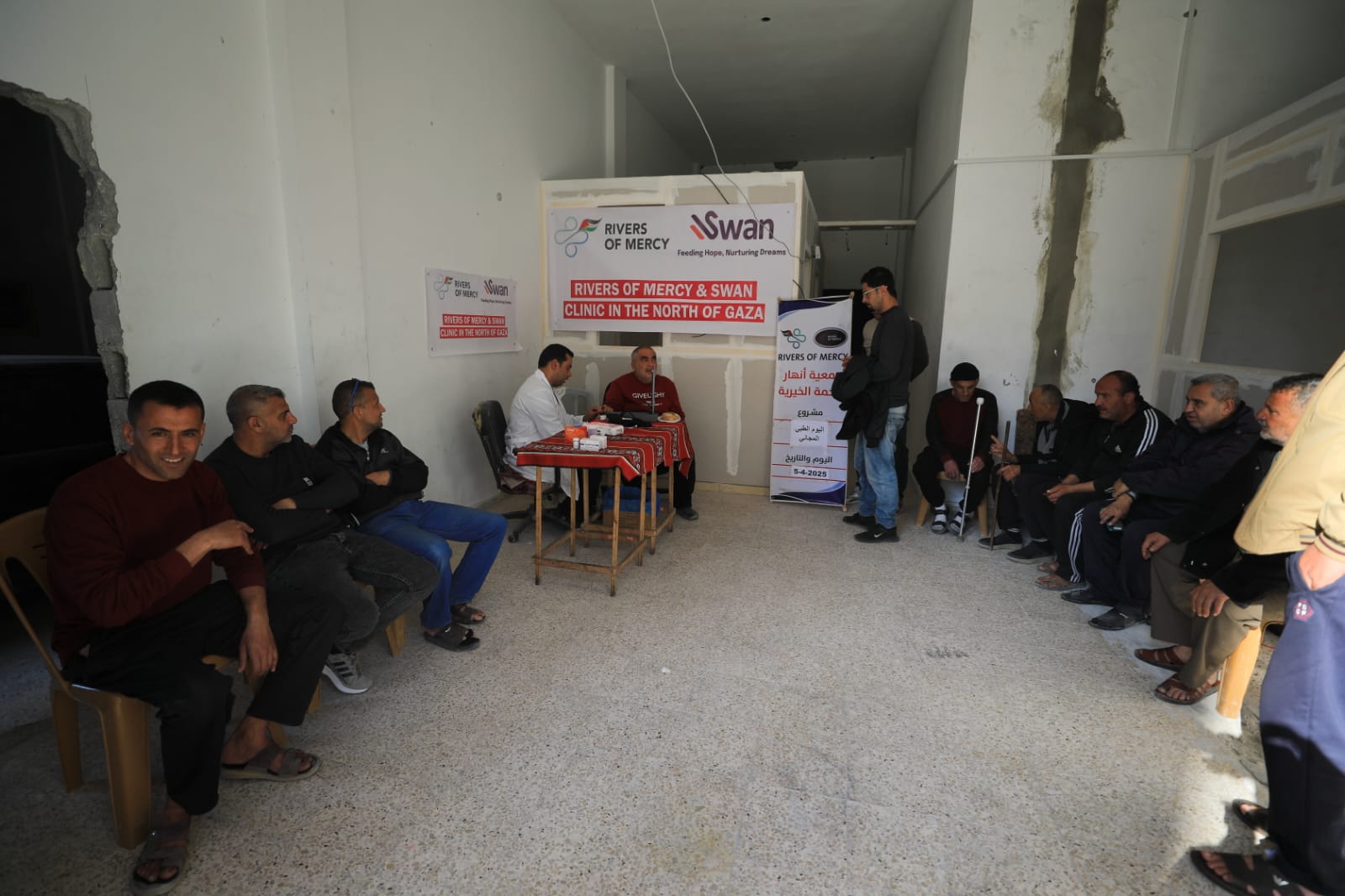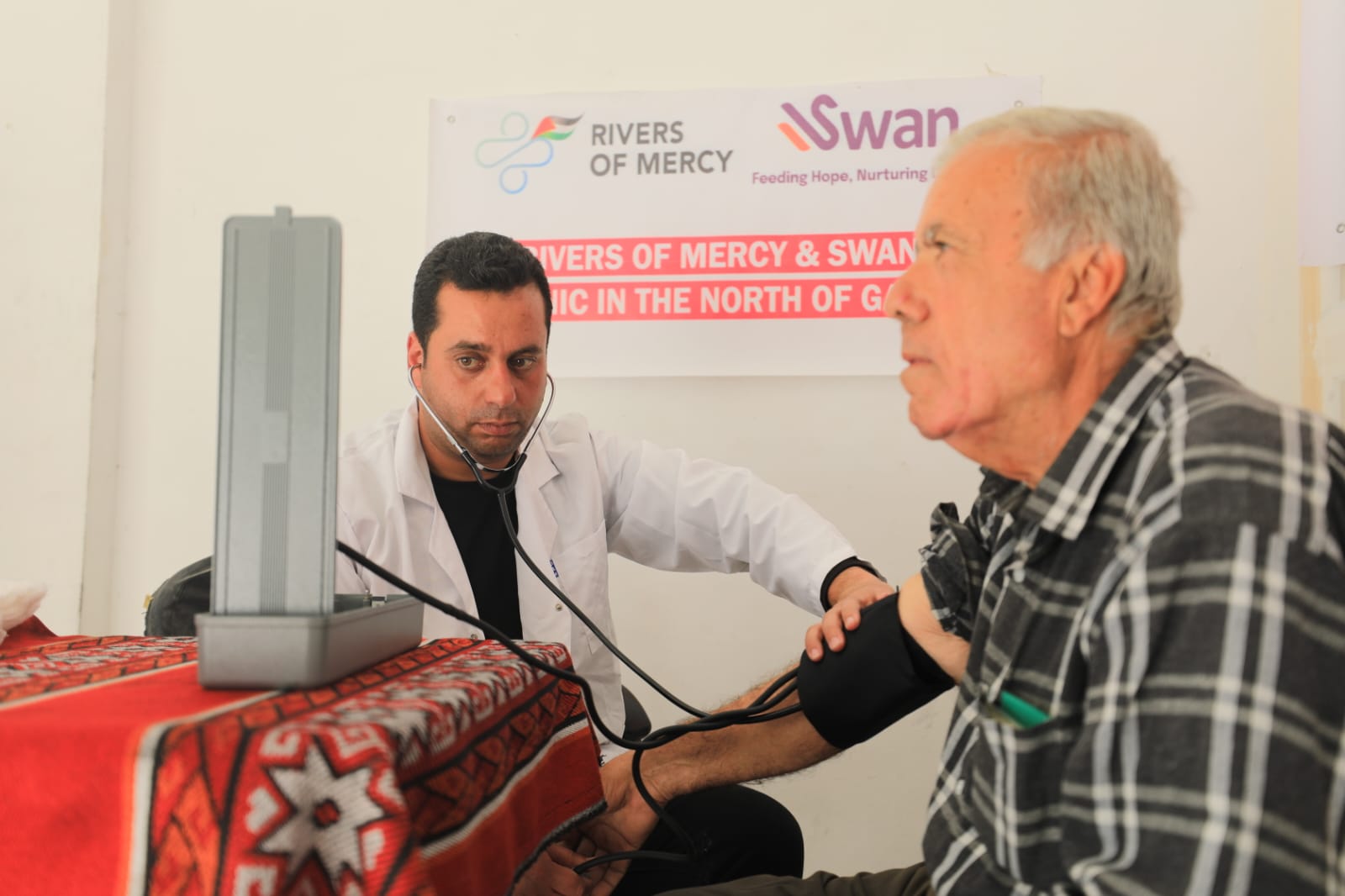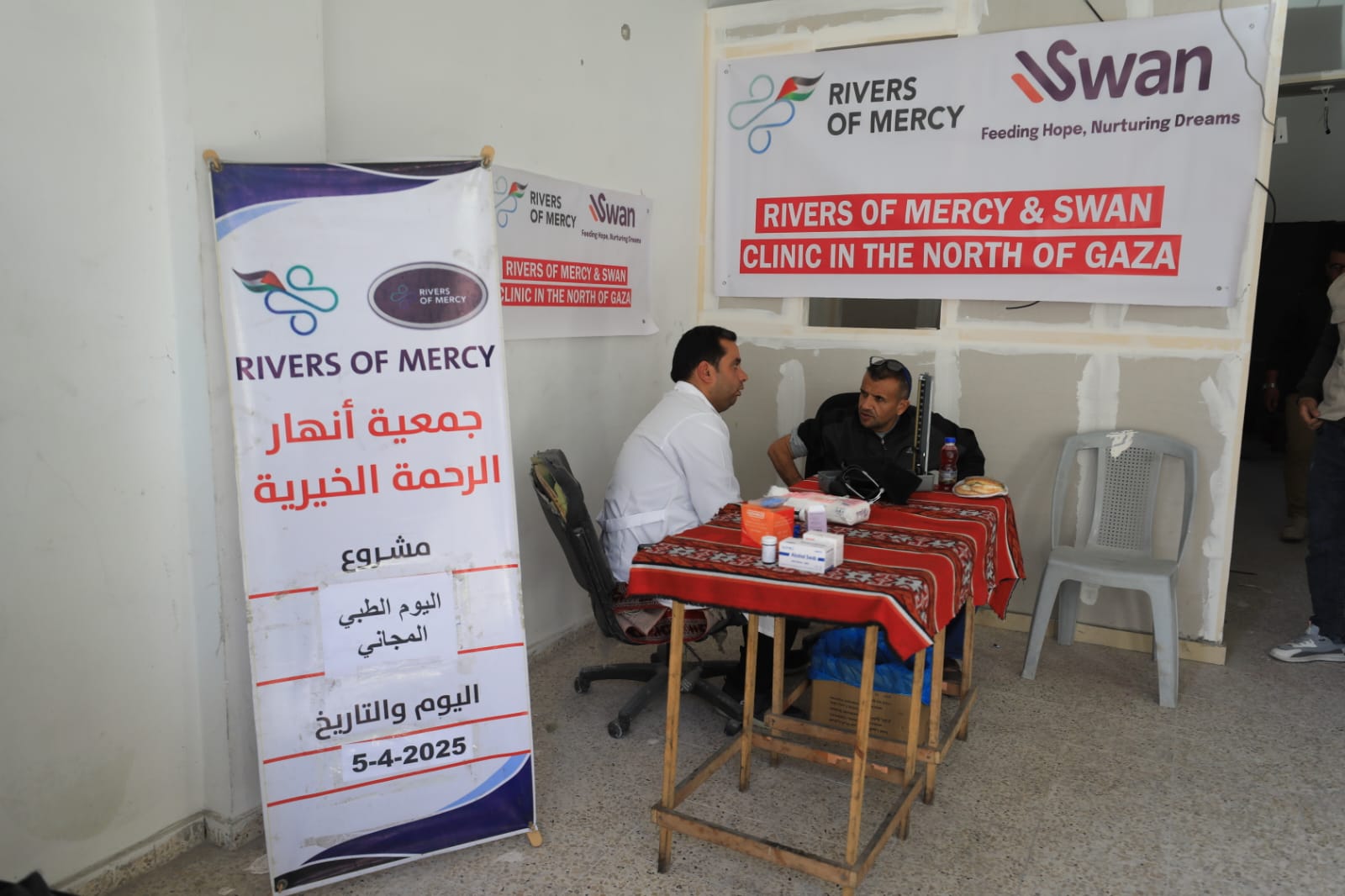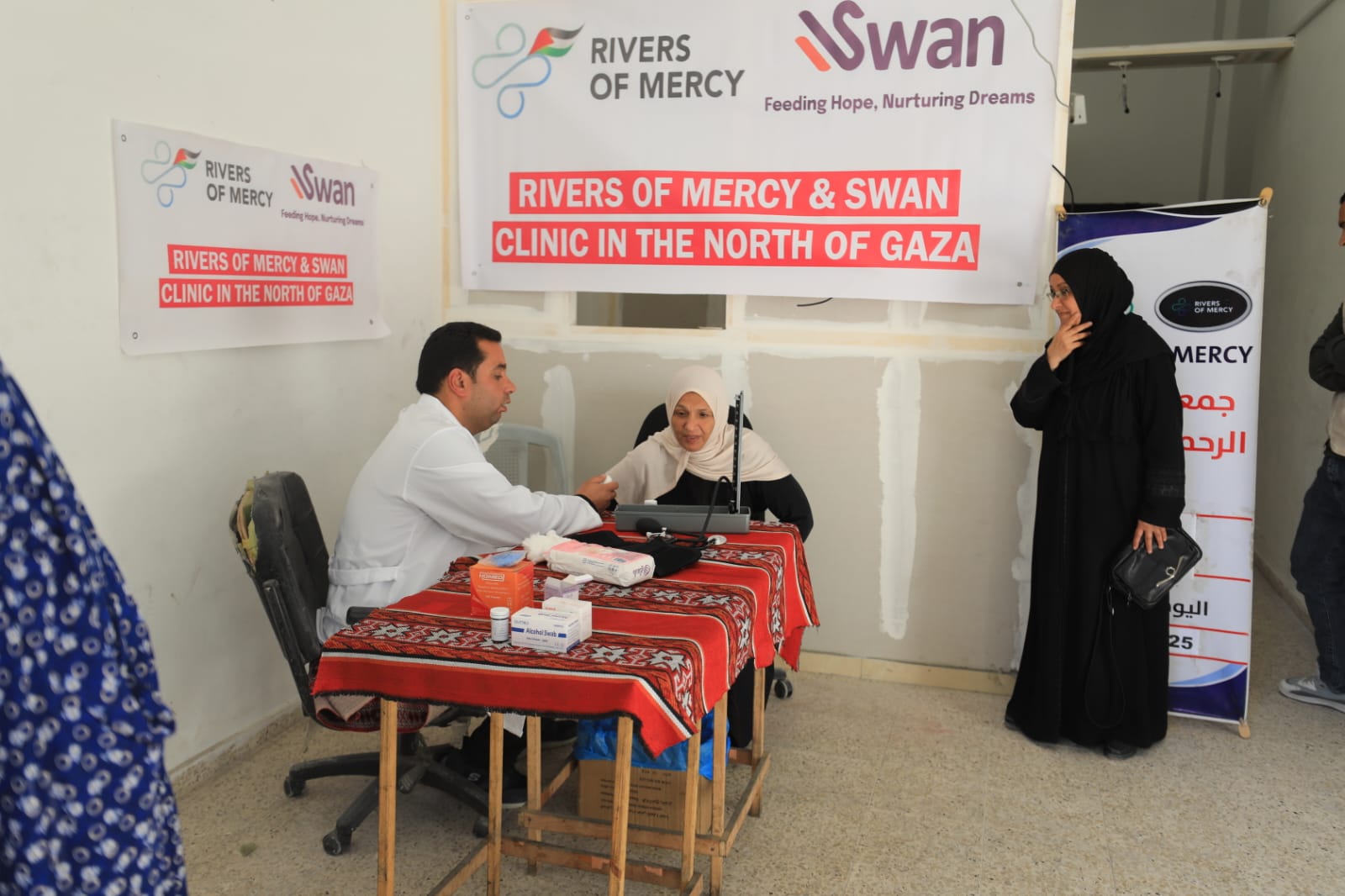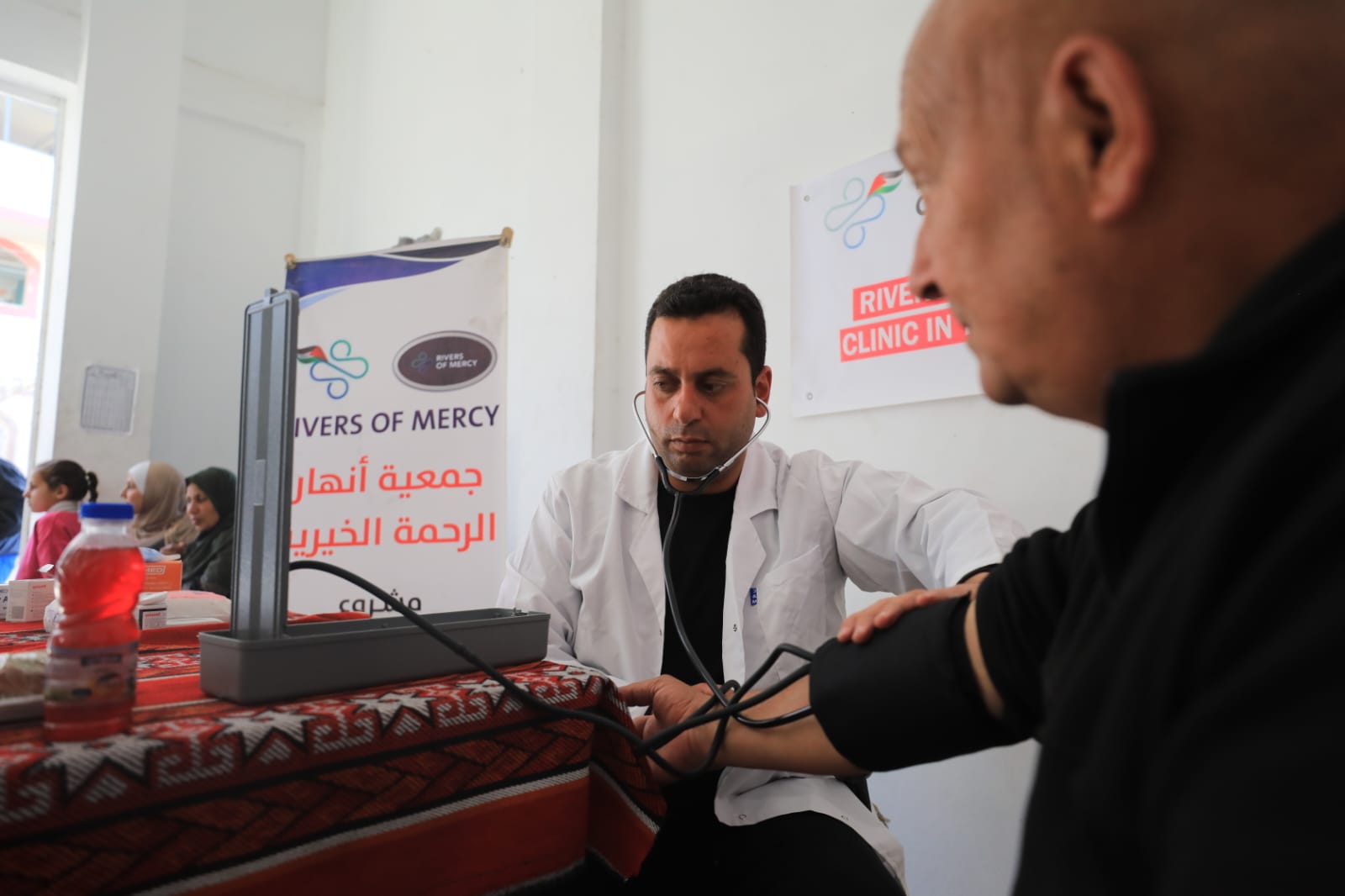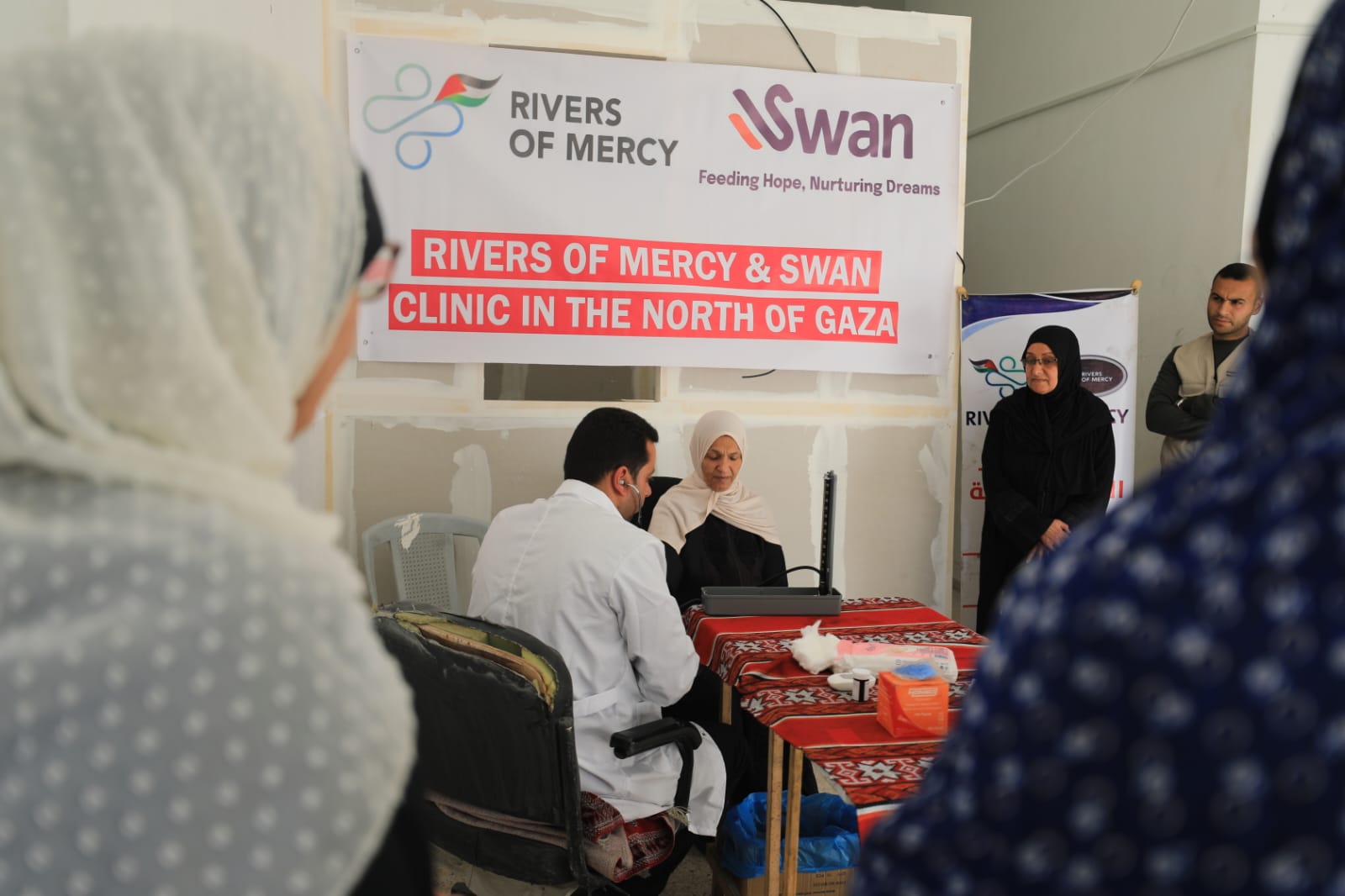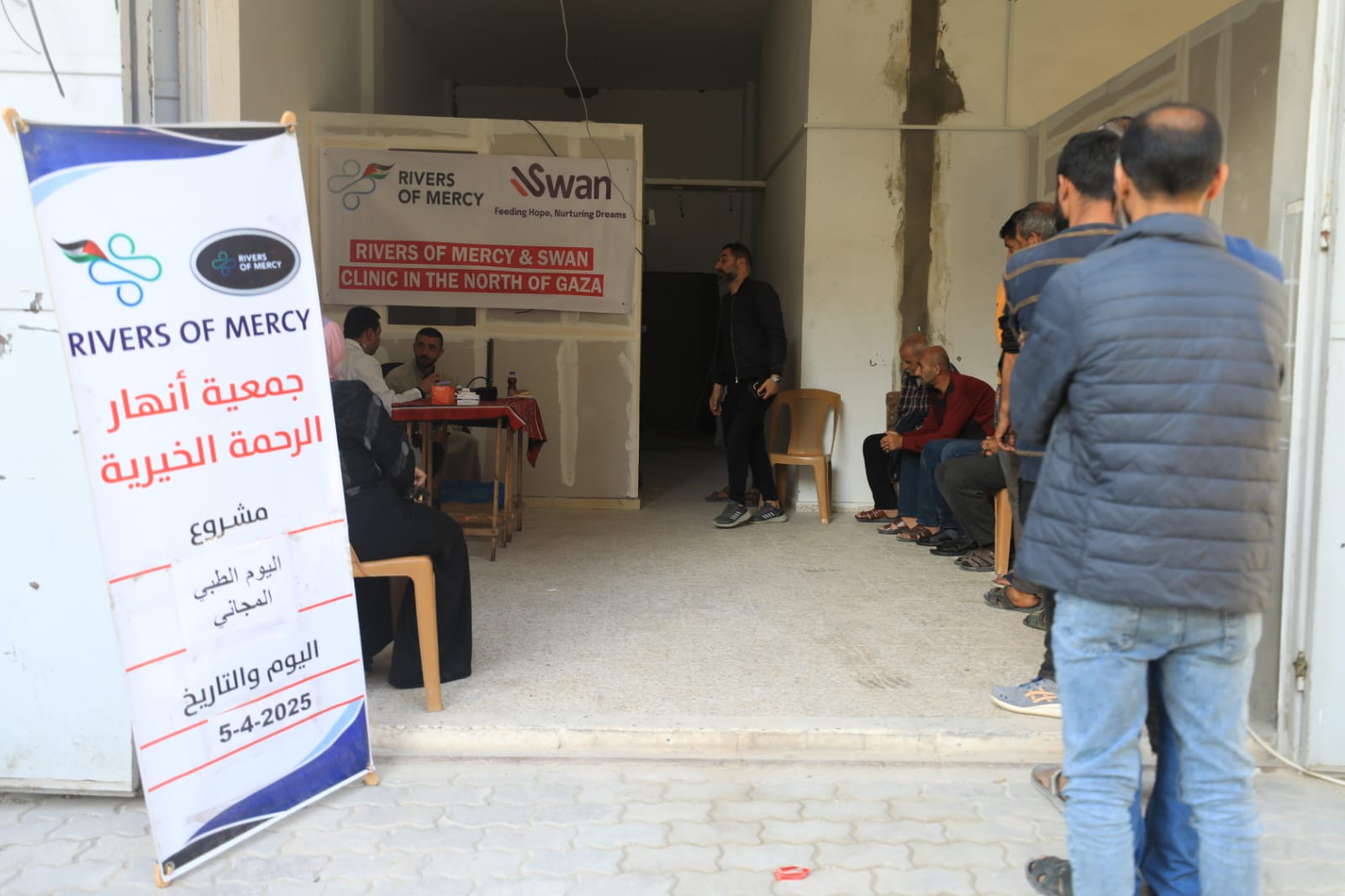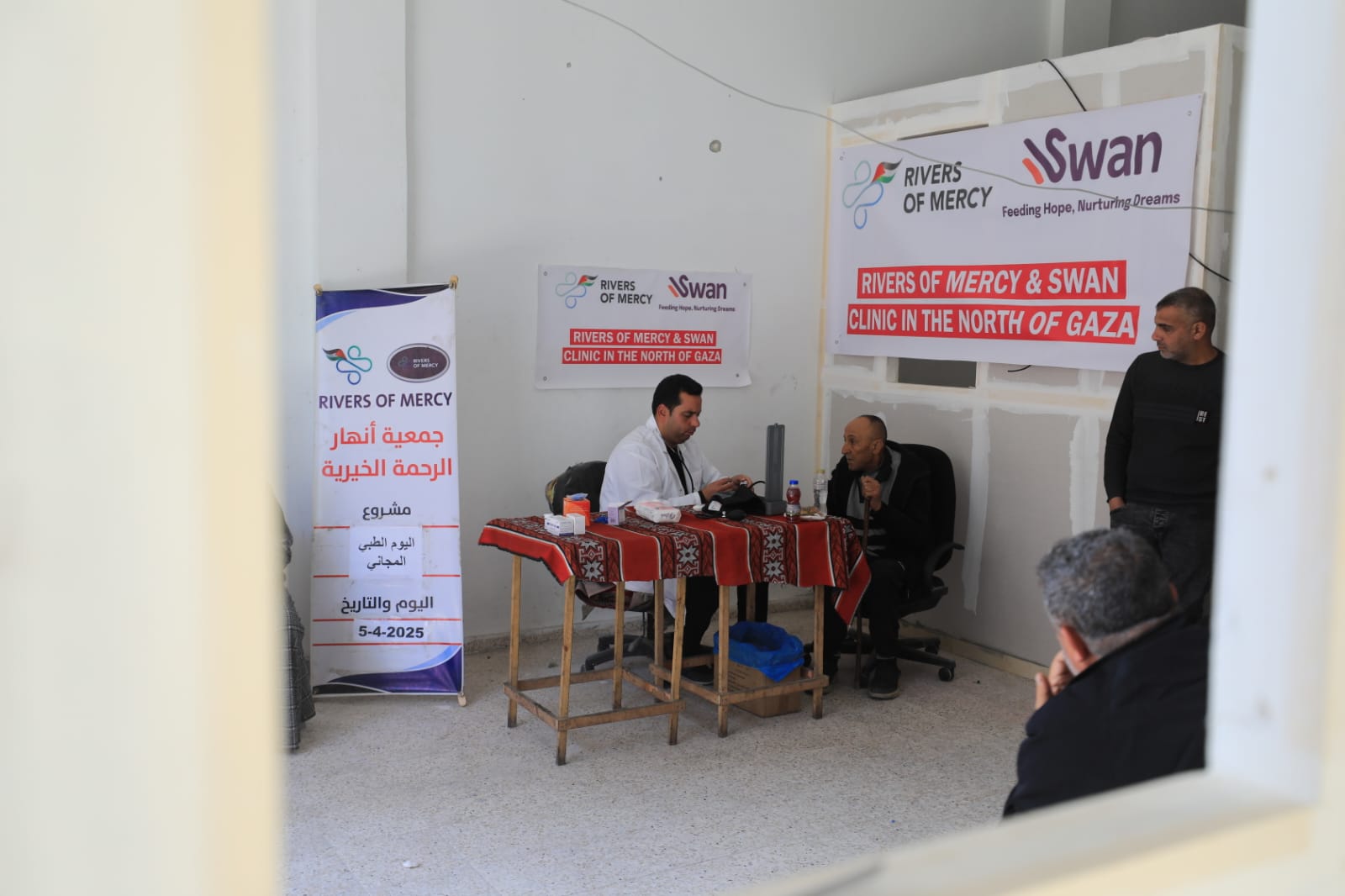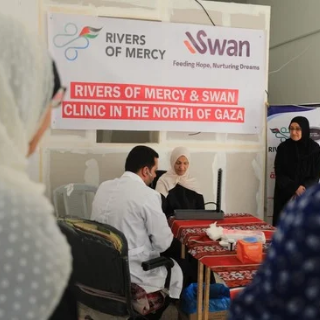

Sophia Malik
Women and Children’s Clinic North Gaza
Save lives 100% Donation Policy
Fundraising Story
This clinic will provide lifesaving maternity and neonatal care, general healthcare, and emergency services, alongside psychosocial support and breastfeeding assistance. By partnering with Rivers of Mercy and other local organizations, the clinic will also enhance community outreach, ensuring that no woman or child is left without the care they urgently need.
This project is not only a response to a dire humanitarian crisis but also a strategic intervention to empower women and improve the health and resilience of future generations in Gaza.
The Projected Costs
1. Operational Costs
● Annual rent for clinic premises: £5,000
2. Staff Salaries (Monthly) [to be reviewed/completed by Siyana/Haifa
● General Practitioner (1):
● Pediatrician (1):
● Obstetrician/Midwife (1):
● Nurse (2):
● Mental Health Counselor (1):
● Lactation Consultant (1)
● Receptionist/Administrator (1):
● Cleaner (1):
● Total Monthly Salaries:
● Total Annual Salaries:
3. Set-Up Costs
● Medical Equipment (maternity and general): £20,000
● Furniture and Clinic Setup: £6,000
● Medicines and Supplies (initial stock): £15,000
● Total Set-Up Costs: £41,000
4. Running Costs
● Utility Bills (electricity, water, internet): £300/month = £3,600/year
● Transportation and Logistics: £5,000/year
● Maintenance and Repairs: £2,500/year
5. Monitoring and Evaluation
● Data Collection Tools and Training: £1,500
Total Estimated Budget (Year 1): £58,600 plus wages of staff
The Gaza Strip has faced decades of conflict and instability, resulting in one of the most severe humanitarian crises in the world. The region’s healthcare infrastructure has been devastated by repeated escalations, blockades, and resource shortages, leaving vulnerable populations such as women, children, and newborns at critical risk.
1. Maternal and Child Health Challenges:
○ Gaza has one of the highest maternal mortality rates in the region, with 72 maternal deaths per 100,000 live births, according to the UN Population Fund (UNFPA). This is largely attributed to the lack of access to skilled birth attendants and emergency obstetric care.
○ WHO reports that 4 out of 10 pregnant women in Gaza suffer from anemia, increasing the risk of complications during childbirth.
○ Neonatal mortality rates remain alarmingly high, with 19 deaths per 1,000 live births, primarily due to preventable conditions such as infections, malnutrition, and lack of skilled care.
2. Impact of Conflict on Healthcare Access:
○ The ongoing blockade and repeated bombings have resulted in the destruction of over 50% of healthcare facilities in Gaza, as reported by the Palestinian Ministry of Health. Many existing facilities operate at less than 50% capacity, unable to meet the overwhelming demand for services.
○ Women in labor often have to travel long distances under unsafe conditions to reach a functioning clinic or hospital. Delays due to checkpoints and lack of transportation have resulted in an increase in home births without medical supervision, putting mothers and babies at risk.
3. Malnutrition and Breastfeeding Support:
○ Malnutrition among pregnant and lactating mothers, as well as infants, is a growing concern. UNRWA estimates that 33% of children in Gaza suffer from stunted growth due to chronic malnutrition.
○ Breastfeeding rates have declined in recent years due to food insecurity and lack of access to lactation support, leaving many infants dependent on formula, which is often unavailable or unaffordable for families living in poverty.
4. Psychosocial Impact:
○ Repeated exposure to trauma and loss has led to a mental health crisis in Gaza, with 54% of women reporting symptoms of severe anxiety and depression (UN Women).
○ Children, who make up nearly 47% of Gaza’s population, are disproportionately affected, with high rates of post-traumatic stress disorder (PTSD) reported by WHO. The lack of mental health services compounds these issues, leaving women and children with little to no support.
5. Poverty and Vulnerability:
○ Poverty rates in Gaza have reached 80%, with 64% of households identified as food insecure by the UN. Women-headed households, particularly widows, are disproportionately affected, with 90% living below the poverty line.
○ Many women cannot afford basic healthcare services, forcing them to delay or forego essential medical care. This has led to preventable deaths and long-term health complications.
6. Gender Inequality in Healthcare Access:
○ Women face additional barriers to accessing healthcare due to cultural norms and restrictions on movement. For example, UN Women reports that 25% of women in Gaza do not seek healthcare due to fear of stigma, lack of transportation, or costs.
Given these alarming statistics, the establishment of a Women and Children’s Clinic in North Gaza is essential to address these critical gaps. This clinic will provide lifesaving maternity and neonatal care, general healthcare, and emergency services, alongside psychosocial support and breastfeeding assistance. By partnering with Rivers of Mercy and other local organizations, the clinic will also enhance community outreach, ensuring that no woman or child is left without the care they urgently need.
This project is not only a response to a dire humanitarian crisis but also a strategic intervention to empower women and improve the health and resilience of future generations in Gaza.
Project Objectives
1. Maternity and Neonatal Care:
○ Provide antenatal, delivery, and postnatal care to ensure safe pregnancies and childbirth.
○ Offer emergency obstetric care for life-threatening complications.
2. Breastfeeding Support:
○ Expand the ongoing Breastfeeding Mothers Project to provide lactation consultations, nutrition advice, and supplemental support for malnourished mothers and infants.
3. General Healthcare Services:
○ Deliver regular health check-ups, vaccinations, and nutritional supplements for children.
○ Provide general medical care and emergency healthcare to the wider community when needed.
4. Psychosocial Support:
○ Offer trauma counseling and mental health support for women and children affected by the ongoing conflict.
5. Community Outreach:
○ Conduct workshops on hygiene, nutrition, and preventive healthcare to promote better health outcomes across the community.
The Women and Children’s Clinic in North Gaza will provide critical healthcare services, with a strong focus on maternity care, breastfeeding support, and emergency healthcare. This initiative will not only save lives but also build resilience in a conflict-affected community, making a lasting difference in the lives of thousands of women, children, and families.
We need you to support the women and children of Gaza.
Giving Levels
Clinic
The Clinic
Running costs
To build and set up
Annual Rent
